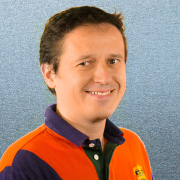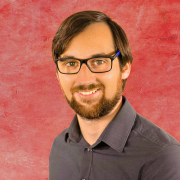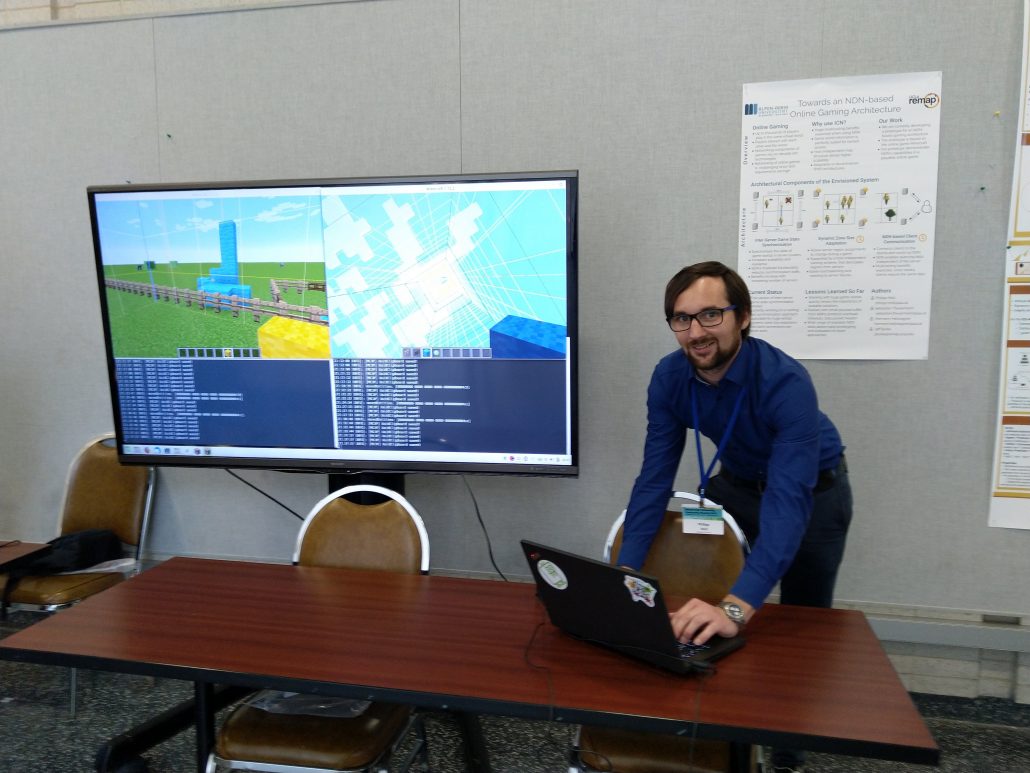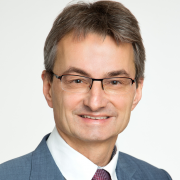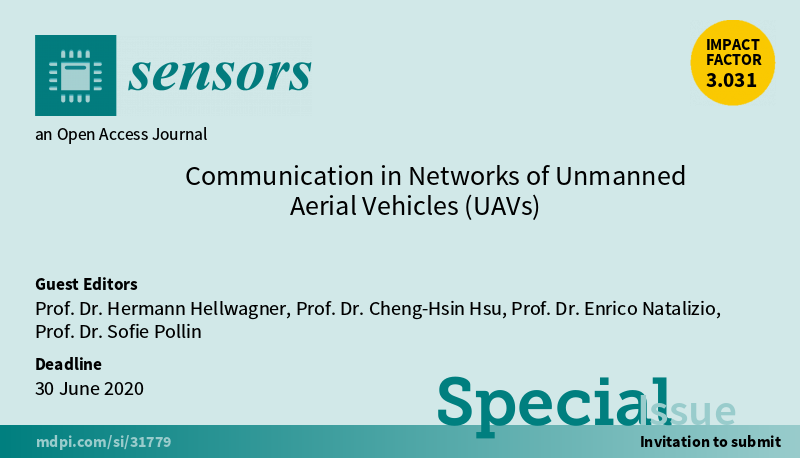The ACM Multimedia Systems Conference (MMSys) is held June 8-11, 2020 in Istanbul, Turkey and provides a forum for researchers to present and share their latest research findings in multimedia systems. While research about specific aspects of multimedia systems are regularly published in the various proceedings and transactions of the networking, operating systems, real-time systems, databases, mobile computing, distributed systems, computer vision, and middleware communities, MMSys aims to cut across these domains in the context of multimedia data types. This provides a unique opportunity to investigate the intersections and the interplay of the various approaches and solutions developed across these domains to deal with multimedia data types.
General Chairs
— Ali C. Begen (Ozyegin University and Networked Media, Turkey)
— Laura Toni (University College London, UK)
TPC Chairs
— Özgü Alay (Simula Metropolitan and University of Oslo, Norway)
— Christian Timmerer (Alpen-Adria-Universität Klagenfurt and Bitmovin, Austria)
Link: ACM MMSYS 2020

